|
Few Important Steps In Prevention Of Heart Disease.
By Dr. Ashraf Girgis N.D.
|
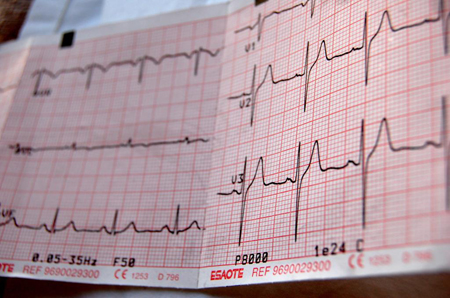 |
As mentioned February is heart month. We know the common risk factor for heart diseases I tried to talk about herbs and hypertension. Here I would like to bring attention to several steps that can prevent cardiovascular diseases and save lives. We know there are several risk factors for cardiovascular diseases, these are:
1.Sedentary Life Style
2.Smoking
3.Obesity
4.High Blood Pressure
5.High Cholesterol
6.Chronic Tress
7.Diabetes
8.Hereditary Factors
|
|
According to Centers for Disease Control and Prevention in 2008, more than 616,000 people died of heart disease. Almost one in every four in same year had heart diseases in the United States.
Based on 2008 study, and other studies. Heart disease continue to be the leading cause of death in men and women.
Every year about 785,000 Americans have a first coronary attack. Another 470,000 who have already had one or more coronary attacks have another attack.
Cost of Coronary heart disease alone in the United States is more than $100 Billions. These three basic steps can be crucial in saving lives . Lets take a look:
|
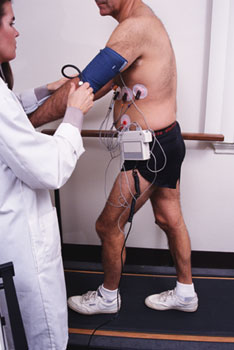
|
|
A. Managing your stress
Although we take concrete steps toward treating all causes of heart diseases. Such as smoking cessation programs or placing patients on cholesterol lowering drugs or anti-hypertensive medications. But, NOT many heart centers or cardiac rehab centers do have stress management department. Or dedicated knowledgeable stress management staff to help their patients to combat the chronic stress. I remember working in a one of these small community hospitals. I had to start their stress management program and help patients to coop with not only the regular stress of daily lives. But, with teaching them how to Cooperate with chronic level of stress that can be very damaging and causes for all kind of diseases from aging to cardiovascular to cancer as result of inflammation.
As a stress management consultant and therapist and doctor of naturopathic medicine, I have my own strong biases toward the significant importance of stress and its role in our health. Also its significant role in managing one’s stress. A Study published in Prestigious Journal of Lancet in July 11 2017. Showed patients with PTSD (post-traumatic stress disorders) have heighten levels of activities in the Amygdala part of their brain. Amygdala is called seat of the emotion and is greatly responsible for our stress response. These individuals seen to be associated with heart diseases and stroke. in another smaller study in patients with PTSD. Shows increase level of C-Reactive protein. C-Reactive protein is known to be higher in patients with cardiovascular diseases in addition to inflammatory diseases. I can go one and on to emphasis the importance of managing your stress. My book of holistic approach to stress shows you what you can do to address this issue. In a simple and easy to read steps. You can purchase this book on our Persian bazaar section of our web site.
According to Dr Ahmed Tawakol, Massachusetts General Hospital and Harvard Medical School, USA. "Eventually, chronic stress could be treated as an important risk factor for cardiovascular disease, which is routinely screened for and effectively managed like other major cardiovascular disease risk factors."
Until we address this hugely important subject and treated as risk factor for cardiovascular disease in more serious and concrete manners. I encourage you to keep reading our stress management section and find tools I have regularly provide for you. Not only for preventing diseases of cardiovascular origin, but all major inflammatory diseases as well.
|
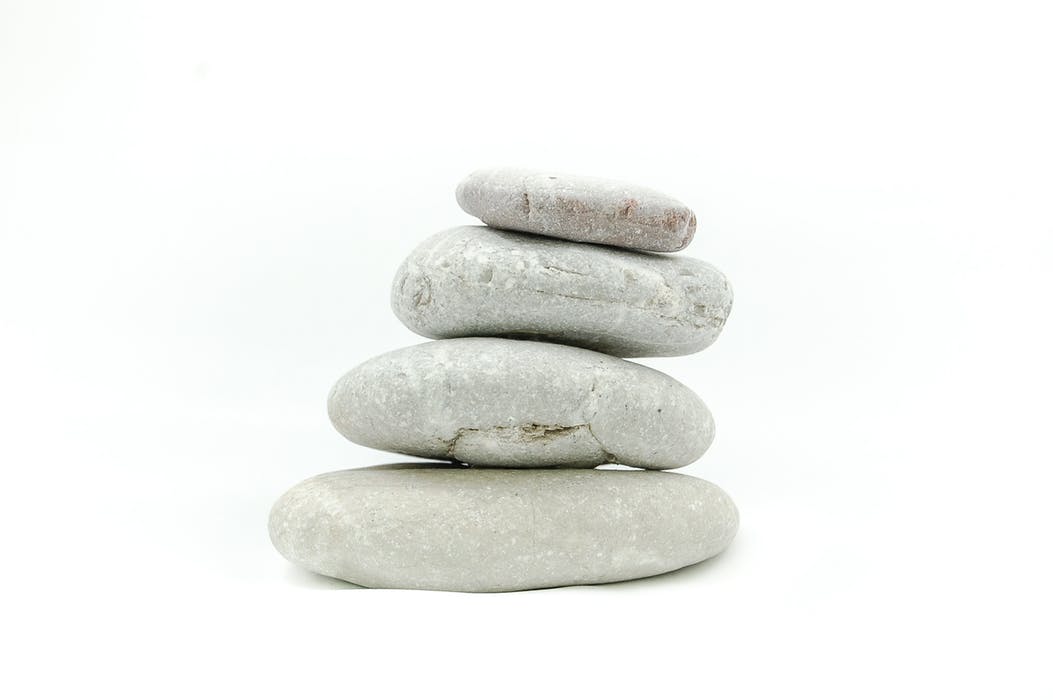 |
|

|
B. Exercise
Staying active does an amazing job in solving many health issues. Not only does it reduce stress, it helps lower blood pressure and treats many other age-related issues as well. I have written an article about the benefits of exercise before. Overall, exercise has many benefits when it comes to cardiovascular effects weight reduction. A BMI above 25 is a risk factor for heart disease. Conducting a sedentary lifestyle is a huge contributing factor to cardiovascular diseases. Keep moving. A study in 2015 indicated that even if you exercise, but proceed to stay seated for many hours in a row, you could have an increased risk of cardiovascular disease.
Exercise helps reduce weight, and as a result, it lowers both cholesterol and blood pressure--two of the main factors for cardiovascular disease and stroke, as mentioned above. Exercise can reduce LDL (low-density lipoprotein, also known as “bad cholesterol”) and raise HDL (high-density lipoprotein, also known as “good cholesterol. Although issue of cholesterol is very disputed and controversial. Maybe I can address the issue in another article.
Blood sugar maintenance in patients with diabetes, which is one of the contributing factors to cardiovascular diseases, exercise has the ability to use insulin to control the levels of blood sugar in our body.
Exercise is great in reducing stress by burning extra energy created by the body under stress, and returning the body to a calmer state. In patients with heart failure, exercise plays an amazing role in returning patients back to normal life. However, if you have already had a heart attack or stroke, it is important to exercise under supervision in rehab centers with a heart monitor. Start slow and increase gradually.
AHA (American Heart Association) recommendation for the amount of exercise for overall cardiovascular health:
At least 30 minutes of moderate-intensity aerobic activity at least 5 days per week for a total of 150 minutes
OR
At least 25 minutes of vigorous aerobic activity at least 3 days per week for a total of 75 minutes,
OR
A combination of moderate and vigorous-intensity aerobic activity? and moderate to high-intensity muscle-strengthening activity at least 2 days per week for additional health benefits for Lowering Blood Pressure and Cholesterol:An average of 40 minutes of moderate- to vigorous-intensity aerobic activity 3 or 4 times per week.
|
|
C. Diet
We truly are what we eat. I can’t emphasize the importance of diet enough in cardiovascular diseases. When it comes to diet and cardiovascular health, try to follow the steps below:
1. Stay away from trans fat and saturated fat of animal sources. Animal fat and trans fat have been one of the major factors in the increase of bad cholesterol and cardiovascular accidents. However, unsaturated, polyunsaturated, and monounsaturated fats are beneficial for heart health. They are present in seeds, nuts, and fish.. I encourage readers to read and learn about cooking with good fat.
2. Add fruits and vegetables to your diet, especially whole fruits, dark green vegetables, and rainbow colored vegetables. The anti-oxidant properties of phytonutrients/phytochemicals are found in these dark rainbow colors. These chemicals prevent our cells and tissues from oxidation/ravaging damage caused by free radical formation.
3. Lately, there has been a lot of emphasis on eating as our ancestors did long ago. This diet consists mostly of vegetables, fruits, some nuts here and there (be aware of their high caloric content), beans and other legumes, and fish. Fish, seeds, and nuts are especially good sources of Omega 3 and Omega 6, which are good for fighting cholesterol. Other protein sources read my article here. Proteins can also come from the occasional meat, such as skinless chicken or lean red meat.
4. Limit your alcohol and salt intake. According to an article published by Thomas Peterson, MD, PhD, from the Nutrition Committee of the American Heart Association, it is recommended to consult your doctor about the risks of drinking alcohol. Alcohol should be prohibited in individuals with heart failure, liver diseases, pancreatitis, hypertriglyceridemia, or uncontrolled hypertension. Individuals who are taking medications that interact with alcohol should also refrain from drinking, as well as pregnant women and those with certain blood disorders. Check with your doctor.
|
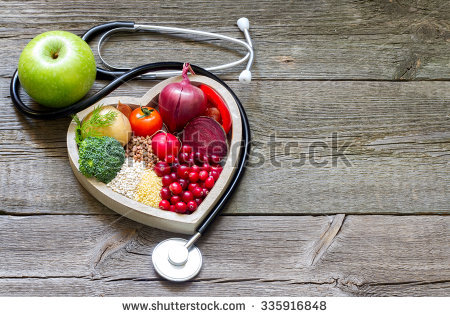 |
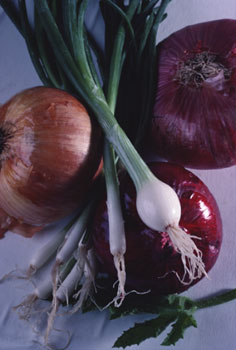 |
5. As for salt, there has not been concrete evidence that lowering salt intake can lower blood pressure. In Feb. 2010, a study published in the New England Journal of Medicine suggested that cutting salt consumption by about 35% could save about 44,000 lives in America.
In another meta-analysis of 6,250 individuals published in the American Journal of Hypertension, they found no strong evidence that cutting salt reduces the risk for heart attack or stroke in individuals with high or normal blood pressure. According to Michael Alderman, an epidemiologist at the Albert Einstein College of Medicine and former president of the International Society of Hypertension, "the human kidney is made, by design, to vary the accretion of salt based on the amount you take in." So while the jury is still out there on salt intake and its relationship with heart disease, make sure to avoid consuming too much salt and follow your doctor’s recommendation. My personal unscientific view about salt is level of sensitivity to it. Some people are very sensitive and respond by increasing of their blood pressure as soon as they eat some salty food or salty feta cheese etc. while others seems unhindered despite high level of salt consumption. You can try and take your blood pressure few hours after eating salty food and see how you respond. If, you are already on hypertensive drugs I suggest to limit your salt as ordered by your doctor.
6. Easting fiber is very important. If you do follow paleo diet as our ancestors as mention above. You do get enough fiber. However if you are on regular diet, at least 25 gram of fiber for women and 35 gram for man is suggested amount. Fiber is not only to keep you regular. But, also to get your guts moving and getting rid of toxins in our body.
|
|
D. Herbs that Lower Blood Pressure
Using herbs can be very beneficial, as long as it is done under the supervision of your health practitioners. My favorite herbs for cardiovascular heath are garlic, hibiscus, hawthorn, and dandelion, you can visit our herbal sections for detail in my article. A new study from Stanford did not see cholesterol-lowering effects in garlic, but many other studies show its amazing overall cardiovascular benefits; this includes lowering cholesterol as well as blood pressure.
Thanks
Ashraf Girgis N.D.
Thanks for visiting curenaturally.org. To begin adopting a healthier lifestyle, you can call our office at (616)-777-0608 to make an appointment with Dr. Ashraf Girgis.
|
 |
|
|
|